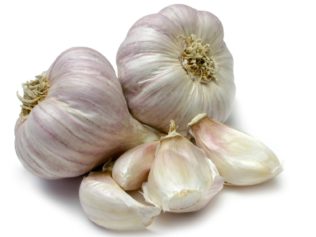Occasionally over the last decade a viral infection known as West Nile Virus has made news. Mosquitoes are the carriers of this virus that begins with infected birds and transferred to animals and humans.
Most birds are vectors, or carriers that don’t get ill or die from the virus, except for crows. They are so easily adversely affected from the virus that dead crows are used as early warning signals.
Up to 80 percent of infected humans are asymptomatic. They do not exhibit flu-like symptoms. Unless they are bitten by mosquitoes that will in turn bite other people, there is little or no chance of one person spreading the infection to others.
Touching or kissing does not transfer the infection. Blood transfusions, organ donations, and breast milk from infected human hosts are considered rare infectious possibilities. Apparently, the West Nile Virus is a blood-borne disease.
It takes three to fourteen days for symptoms to show in humans bitten by an infected mosquito. Even the remaining 20 percent who do display common flu-like symptoms are unlikely to infect others. So far, no big deal. What’s the fuss?
One percent of infected humans may develop serious neurological disease and variations of encephalitis (brain inflammation) that can lead to death.
But just like the HIV virus, some dispute that the WNV virus has been isolated or even exists.
Garlic does more than keep vampires away
Assuming that WNV actually is real and infects humans and animals, consider garlic, because so far no pharmaceutical solutions exist. And that’s a good thing.
Garlic actually repels mosquitoes, but not from garlic breath. If you have a high allicin (garlic’s active antimicrobial ingredient) blood count, mosquitoes will refuse to engage with your blood…
Read more: Natural News

